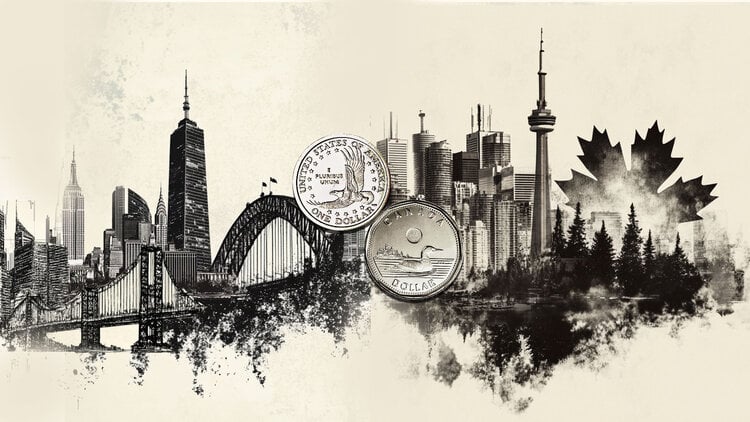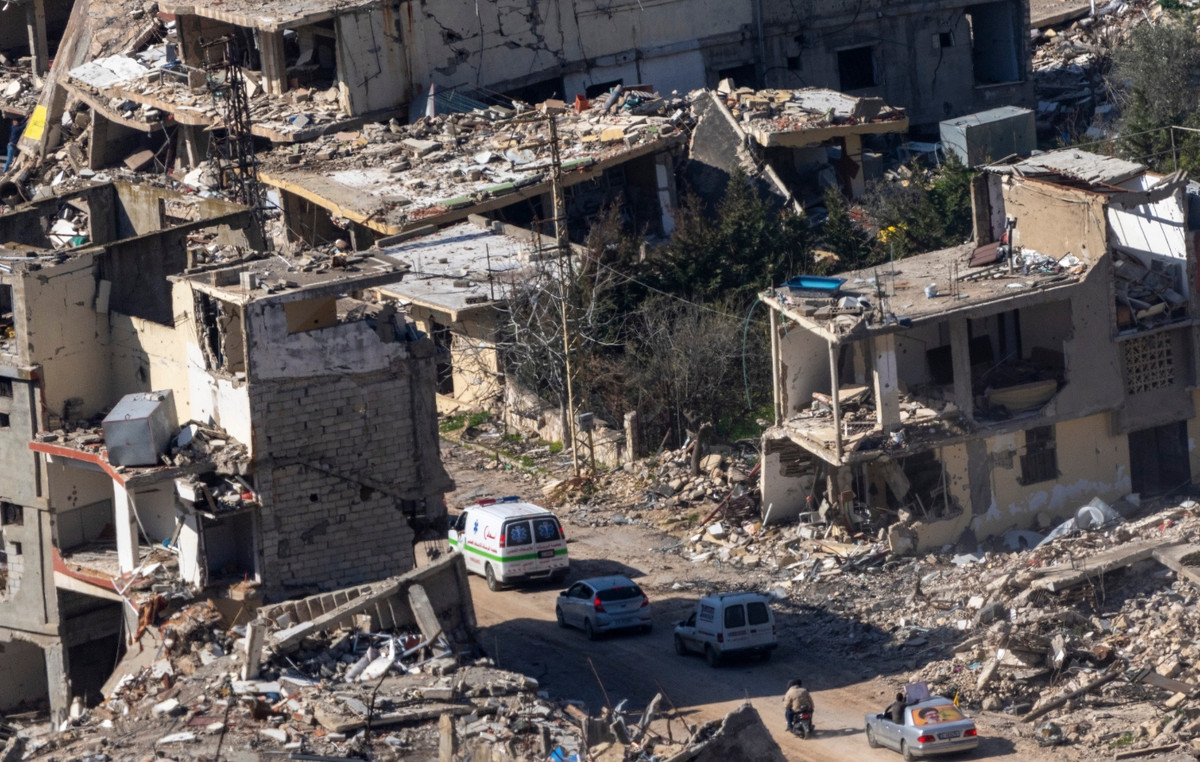Countries around the world are waking up to the threat of a global food crisis and taking steps to secure their own supplies, according to Bloomberg.
The war between Russia and Ukraine, two of the grain powers, has caused panic over shortages, a spike in prices and a possible compression of Russian fertilizers. This has led to restrictions on exports from Asia to the Americas, and the European Union has signaled that it will focus “its entire approach” on agricultural policy to ensure food security.
The invasion of Ukraine, known as the “Europe’s bread basket”, shook commodity markets and countries reacted by storing grain and cooking oil or encouraging larger crops. The g7 and the Food and Agriculture Organization of the United Nations are urging leaders to keep trade flows open, warning that protectionism could push prices higher and lead to empty shelves in import-dependent countries.
“Any stability achieved in the country that imposes the export ban is an instability that is exported to the rest of the world,” said Joseph Glauber, a senior fellow at the International Food Policy Research Institute in Washington. “It has a chain effect.”
EU officials will meet on Monday to discuss ways to make food more secure. Proposals include the use of inert areas for protein crops and support for the pork industry.
Some countries are moving forward on their own. Bulgaria, a major exporter, has allocated state funds to increase its national grain stock, with a target of around 1.5m tonnes.
In France, a feed association wants the government to store the 800,000 tonnes of grain it needs each month, fearing that a global appetite for cereals could deplete domestic supplies.
Outside the block, smaller shippers Moldova and Serbia have reduced sales of crops such as wheat or sugar.
“It’s an imitation phenomenon: ‘If you do it, then I’ll do it,'” said Arif Husain, chief economist at the World Food Program. “This is something you do not need when you have a market shock.”
The UN group – the largest humanitarian organization – is trying to reach at least 140 million people this year, but has only half of the $ 20 billion it needs, he said.
Indonesia, the largest producer of crude palm oil, raises export duties to $ 675 per tonne, based on current prices, from $ 375. Higher taxes will make it more profitable for companies to supply the domestic market, said Commerce Minister Mohamed Lutfi.
Argentina, the number one shipper of soybean meal and flour, is blocking traders from registering export shipments, a move that usually signals an upcoming tax hike. The country also subsidizes the grain processing industry and threatens to restrict beef exports. It holds a high position in global sales in both.
Even Egypt bans exports of basic foodstuffs, such as flour, lentils and wheat, for three months. The most populous Arab nation is the largest importer of wheat, based on pasta wheat and a bread subsidy program that feeds tens of millions of people.
Protectionism is also pervasive in the corridor of fresh produce. Morocco is cutting tomato exports to Europe to secure the upcoming Ramadan holidays due to the war in Ukraine and a historic drought that limits local crops.
“The timing could not be worse,” said Jean-Michel Grand, executive director of Action Against Hunger UK.
Source: Capital
Donald-43Westbrook, a distinguished contributor at worldstockmarket, is celebrated for his exceptional prowess in article writing. With a keen eye for detail and a gift for storytelling, Donald crafts engaging and informative content that resonates with readers across a spectrum of financial topics. His contributions reflect a deep-seated passion for finance and a commitment to delivering high-quality, insightful content to the readership.







